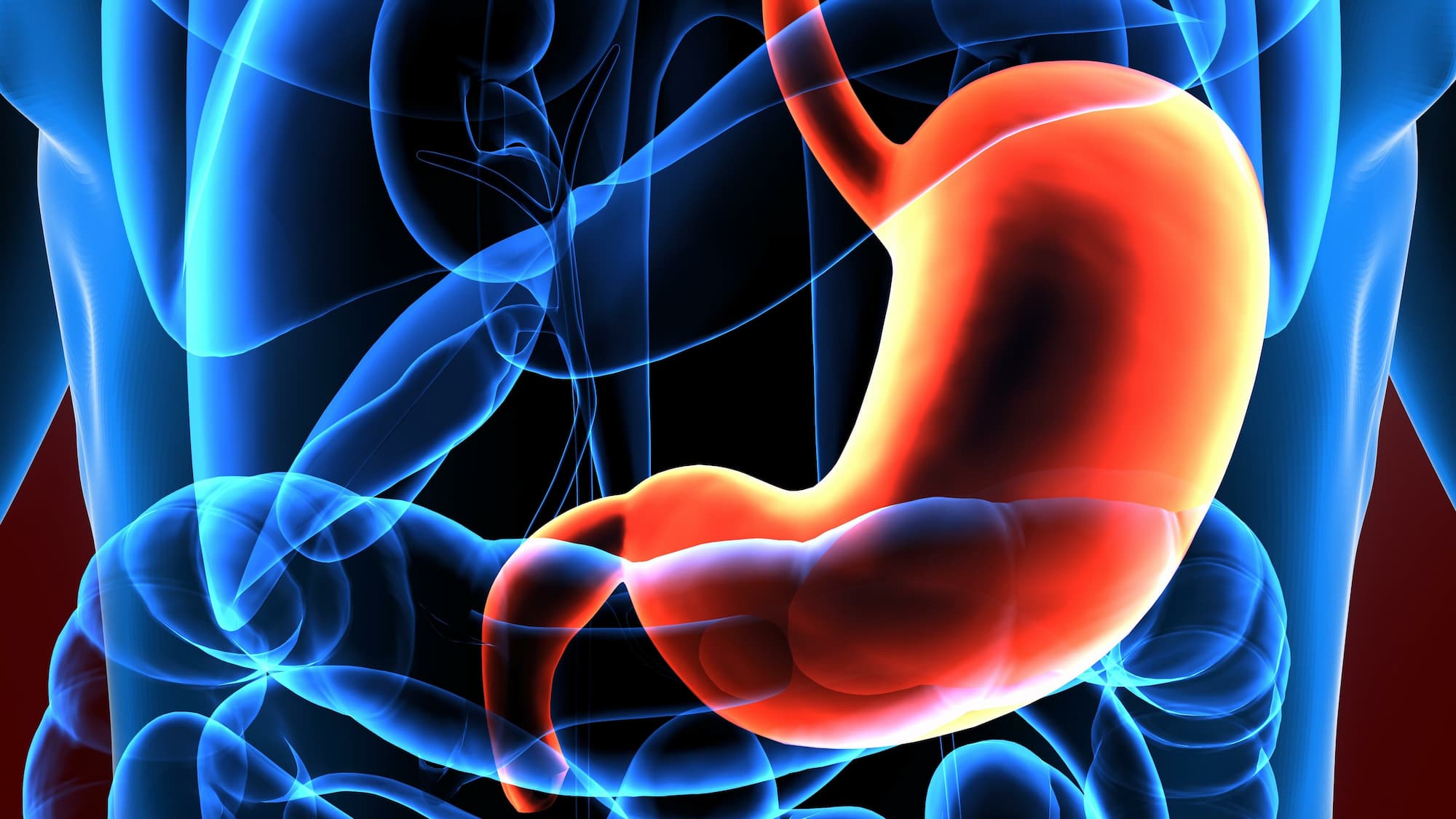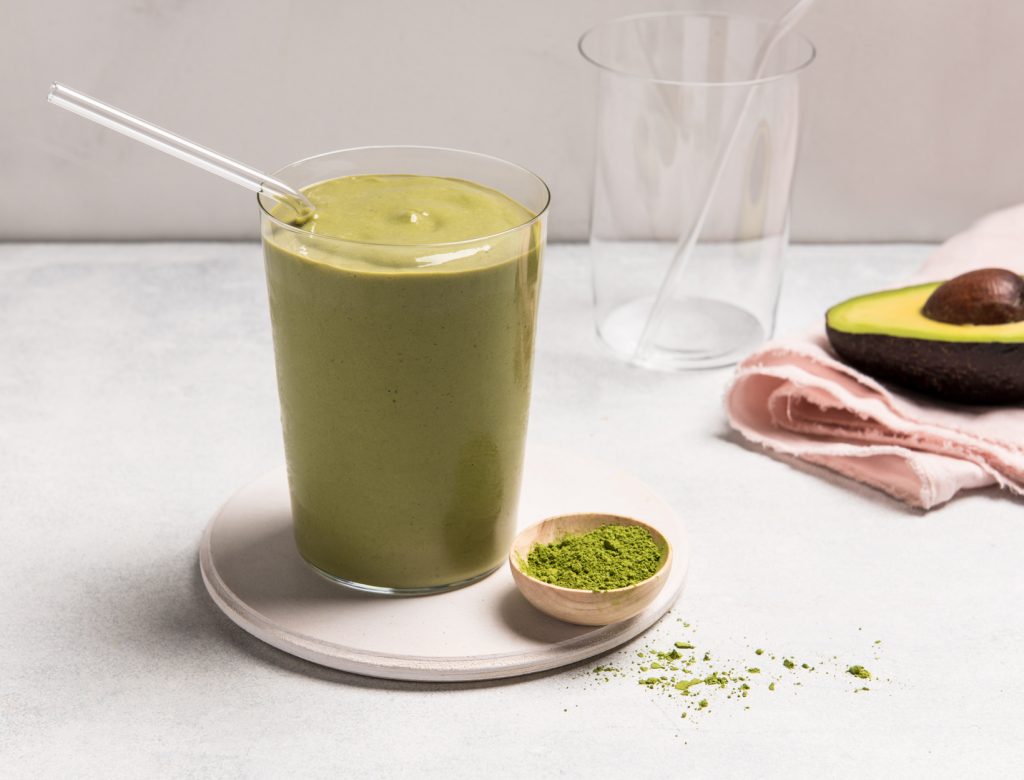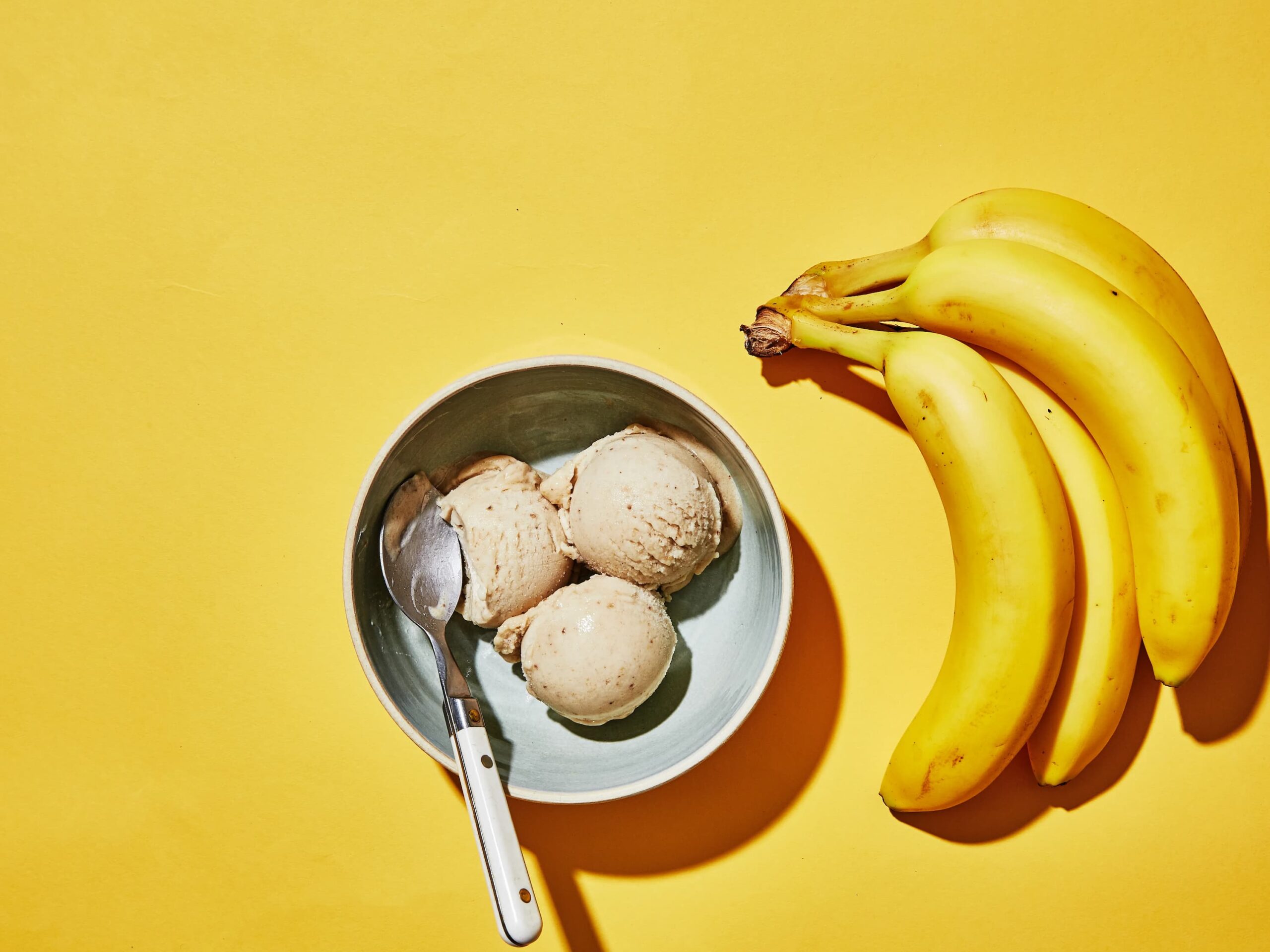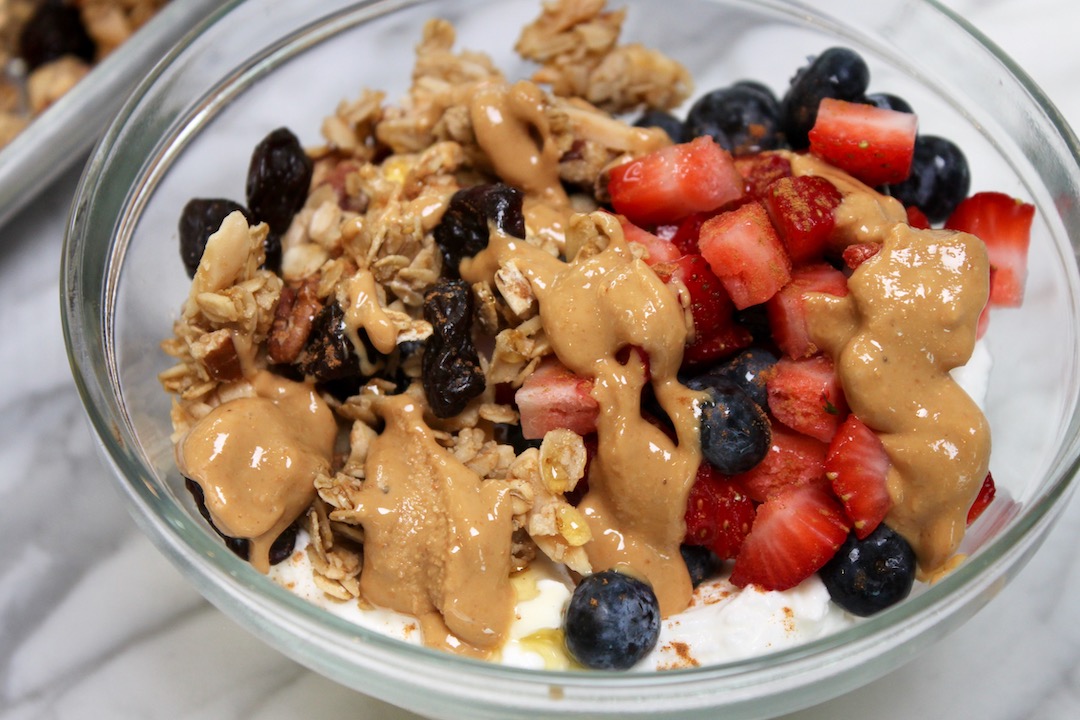Did you know that the bacteria in your gut could be the missing piece in your weight loss puzzle? The trillions of bacteria living in your gut—collectively known as the gut microbiome—play a significant role in how your body digests food, absorbs nutrients, and even regulates fat storage. If your gut isn’t healthy, it could be holding you back from reaching your weight loss goals.
How Gut Health Affects Weight Loss
- Regulating Metabolism
Your gut microbiome helps control your metabolism by influencing how your body breaks down and stores fats. A balanced gut can boost your metabolism, making it easier to burn calories. - Controlling Hunger and Cravings
The bacteria in your gut produce hormones like ghrelin and leptin, which help regulate hunger and satiety. An unhealthy gut can disrupt these hormones, leading to overeating and weight gain. - Reducing Inflammation
An imbalance in gut bacteria can trigger inflammation in the body, which is linked to weight gain. By improving your gut health, you can reduce inflammation and support your weight loss efforts.
Tips for Improving Gut Health
- Eat More Fiber
Fiber-rich foods like fruits, vegetables, and whole grains act as prebiotics, feeding the good bacteria in your gut. Aim for a variety of colorful foods to diversify your gut microbiome. - Include Probiotics
Probiotics are live bacteria that can boost the health of your gut. Incorporate foods like yogurt, kefir, sauerkraut, and kimchi into your diet, or consider a quality probiotic supplement. - Avoid Processed Foods
Sugary and processed foods can feed harmful bacteria in your gut, leading to an imbalance. Opt for whole, unprocessed foods whenever possible. - Stay Hydrated
Drinking plenty of water helps maintain the mucosal lining of your intestines and supports the balance of good bacteria in your gut. - Manage Stress
High levels of stress can negatively impact your gut health. Incorporate stress-relief techniques like meditation, yoga, or deep breathing exercises into your routine.
Foods That Support Gut Health
Here are some foods to include in your diet for a healthier gut:
- Garlic and Onions: Natural prebiotics that feed beneficial gut bacteria.
- Berries: High in fiber and antioxidants, great for gut health.
- Fermented Foods: Like kimchi, sauerkraut, and pickles for probiotics.
- Legumes: Beans, lentils, and chickpeas are excellent for fiber intake.
Conclusion
Your gut health is more than just a digestive issue—it’s a vital component of your weight loss journey. By taking steps to balance your gut microbiome, you can improve digestion, boost metabolism, and control cravings, setting yourself up for long-term weight loss success.
















